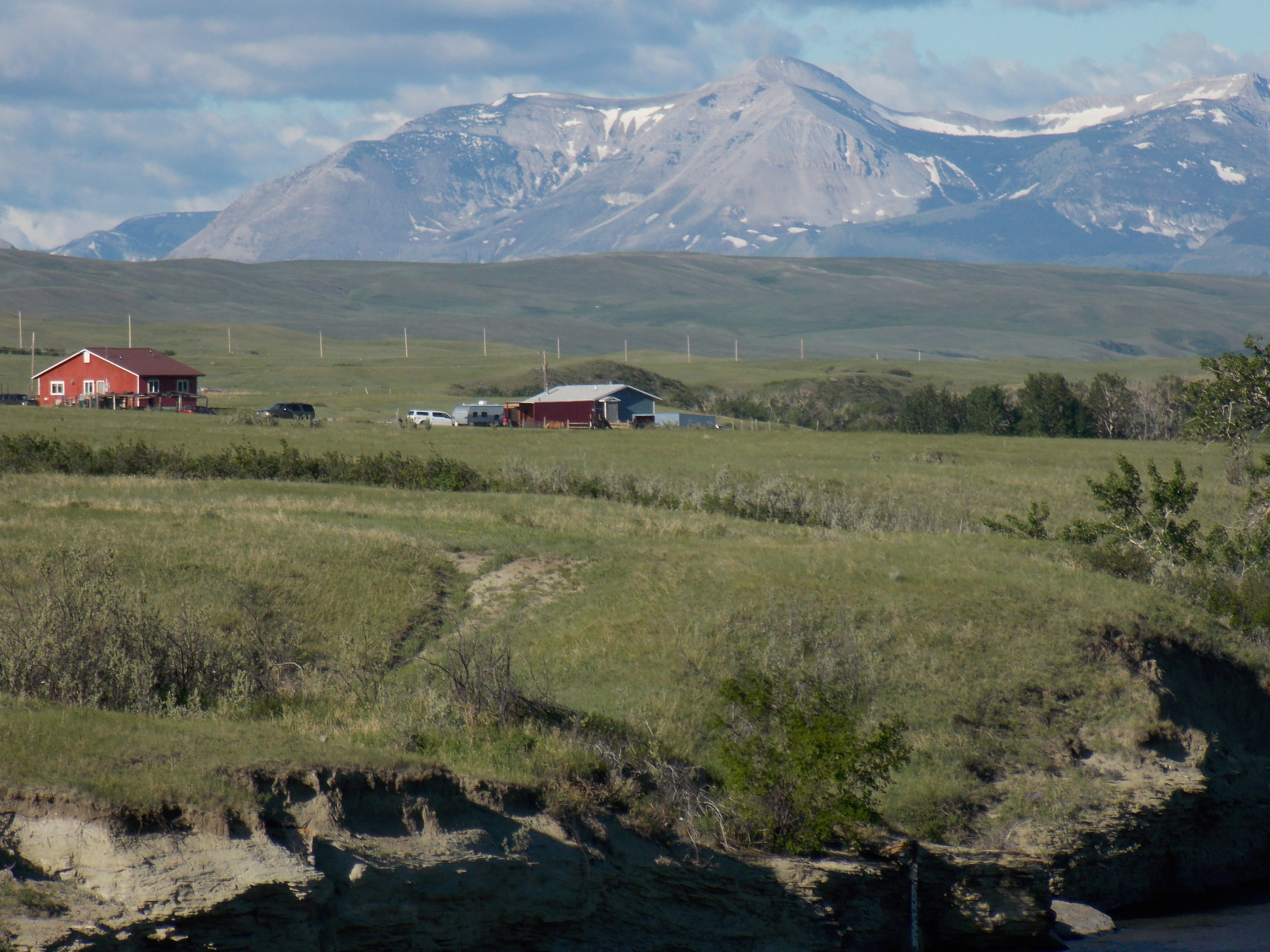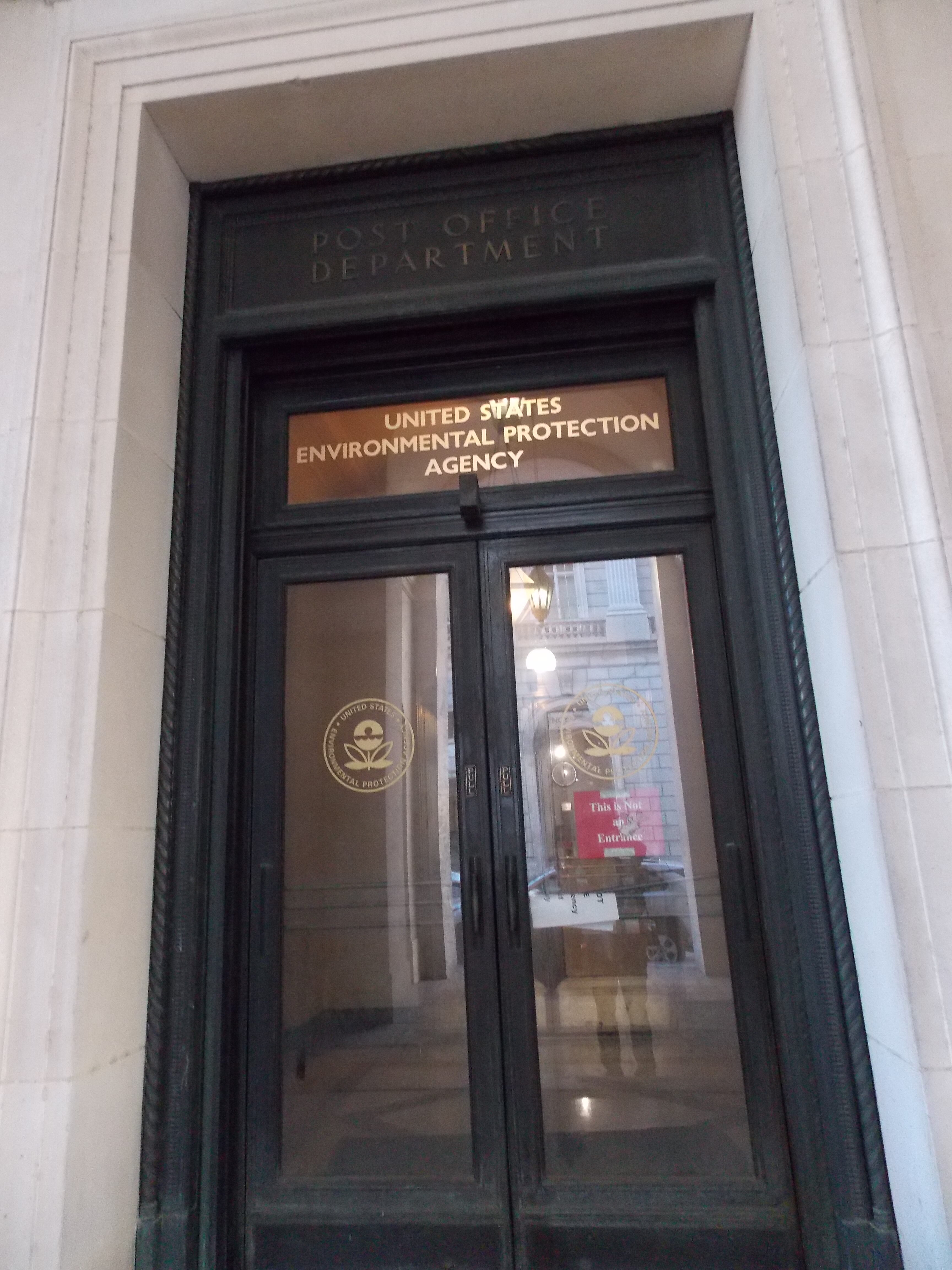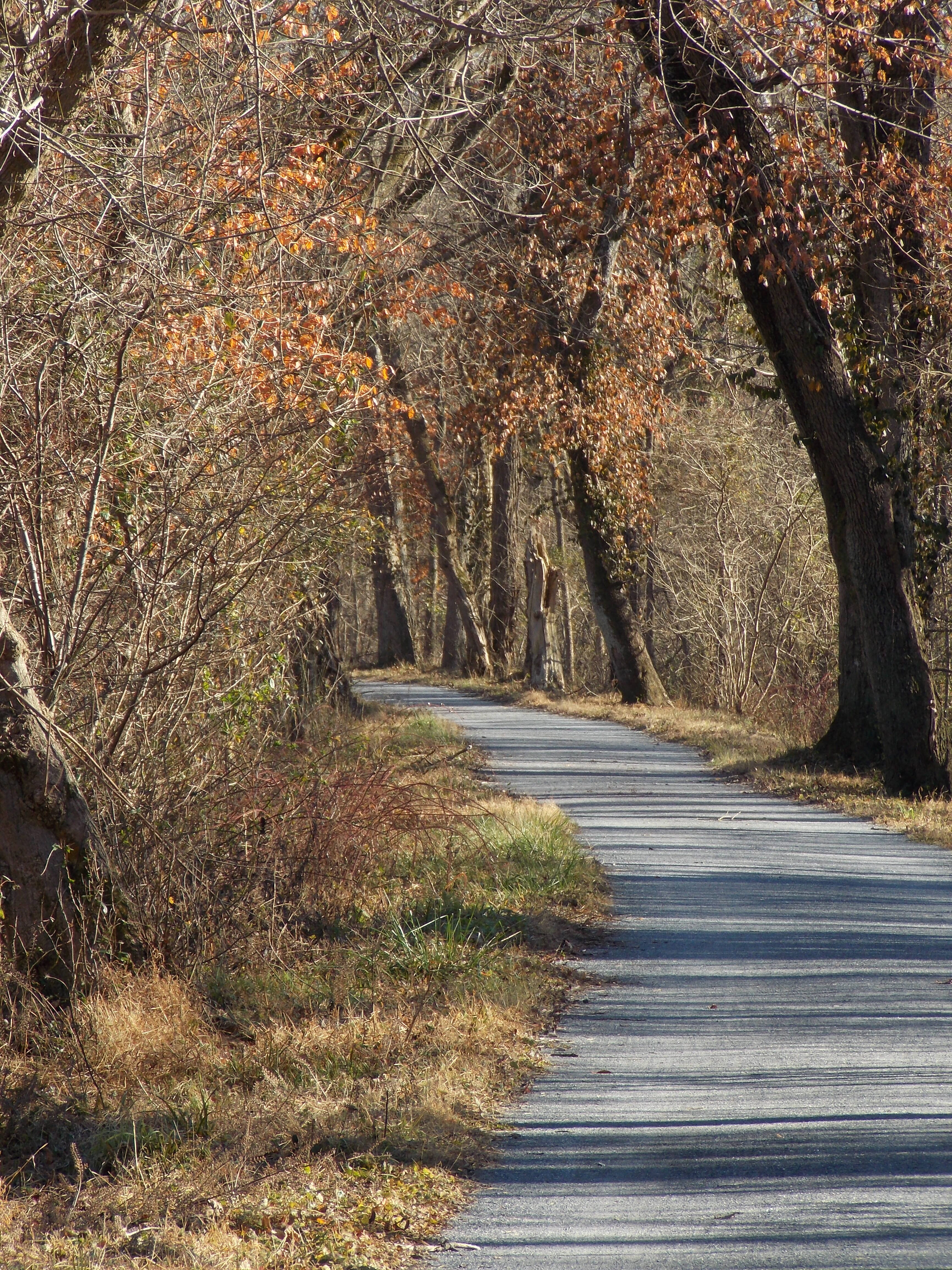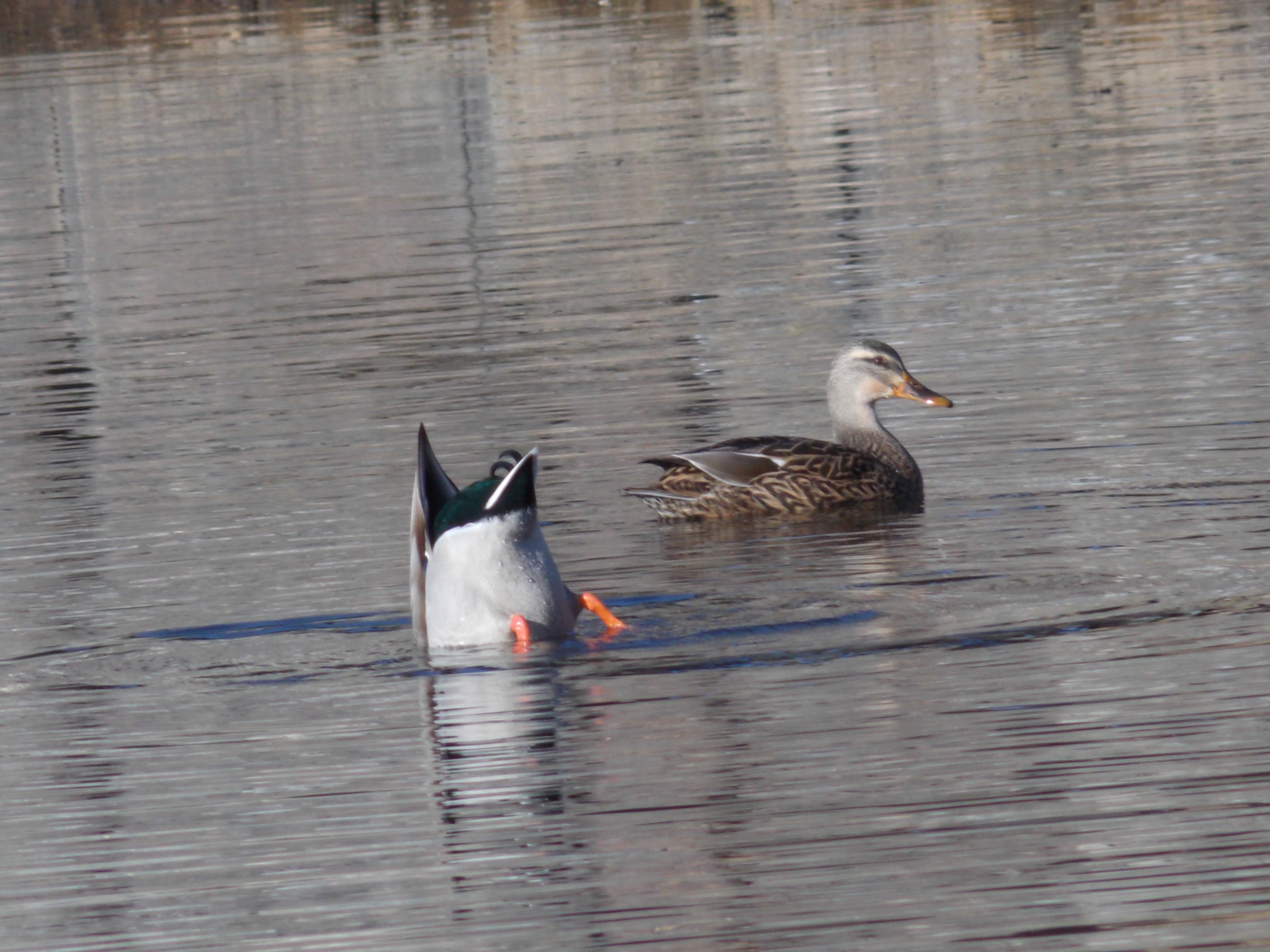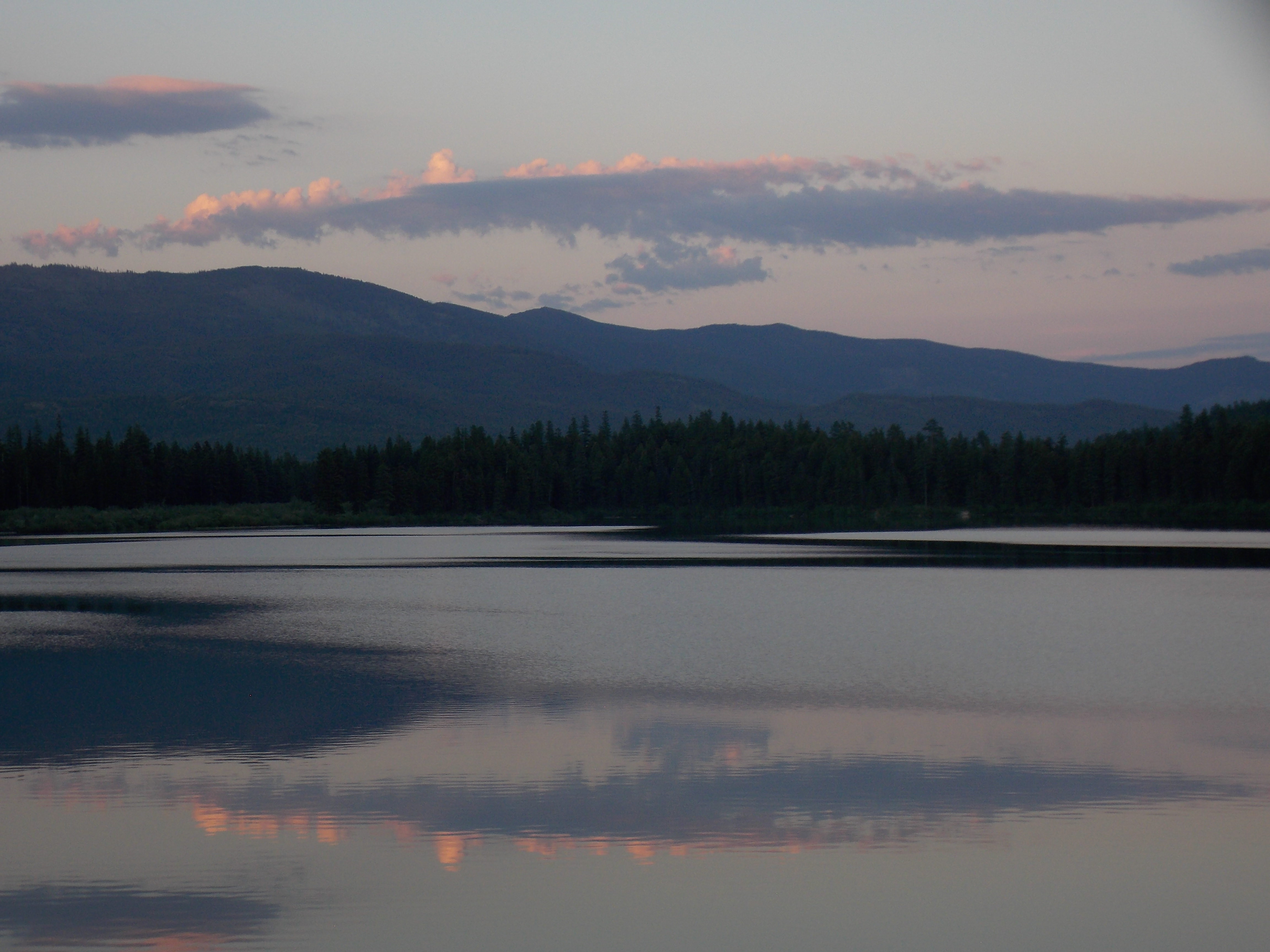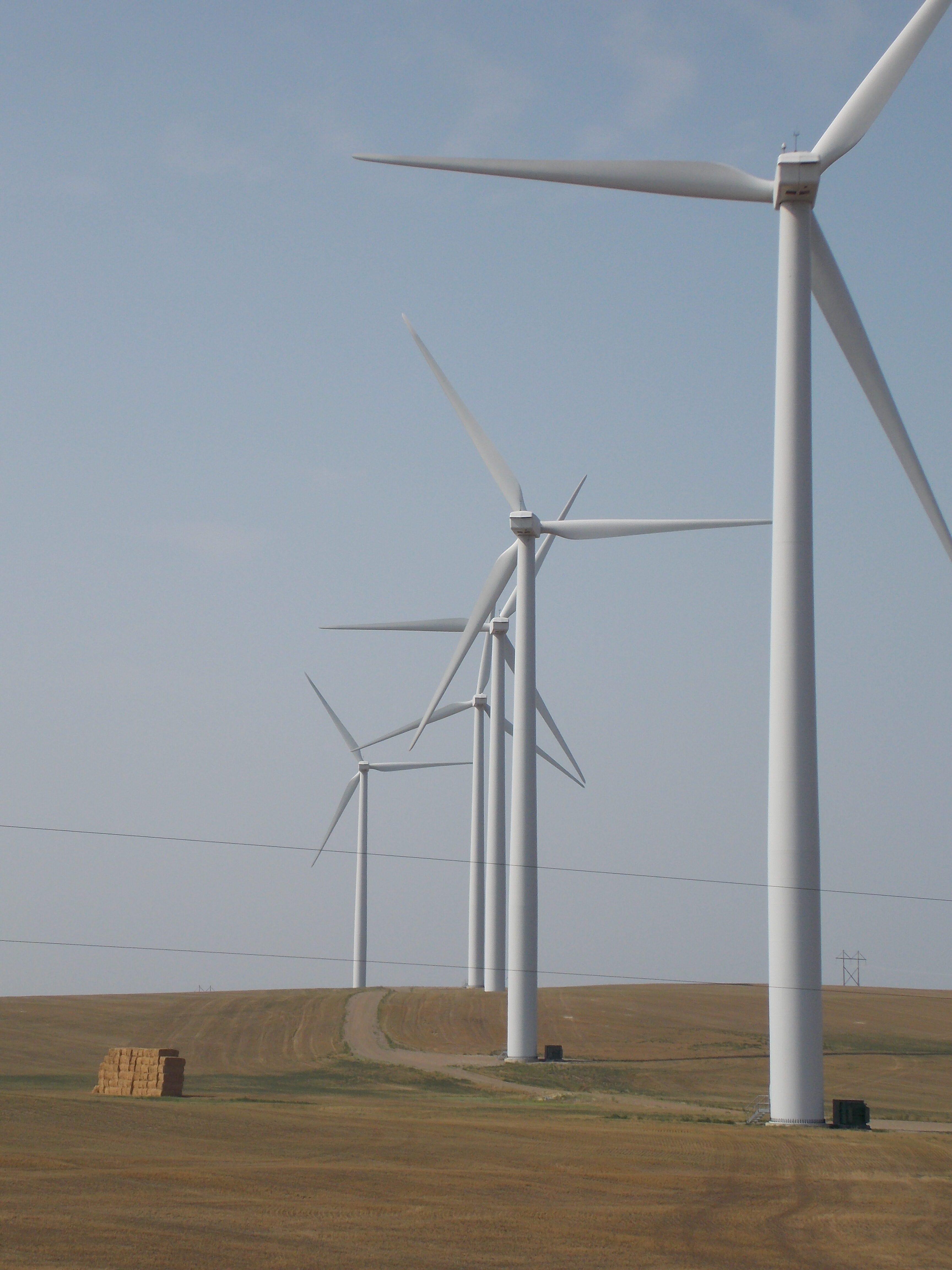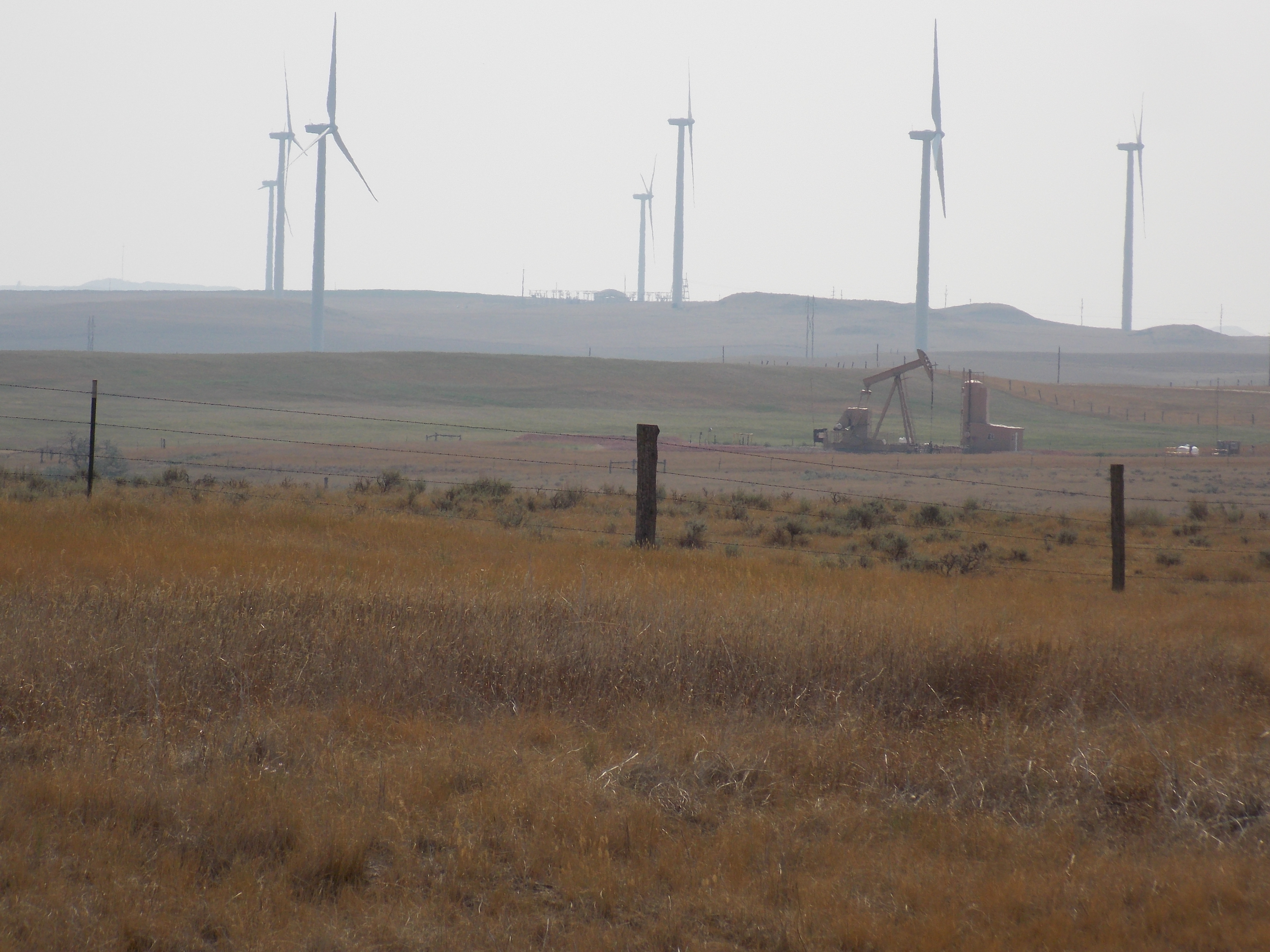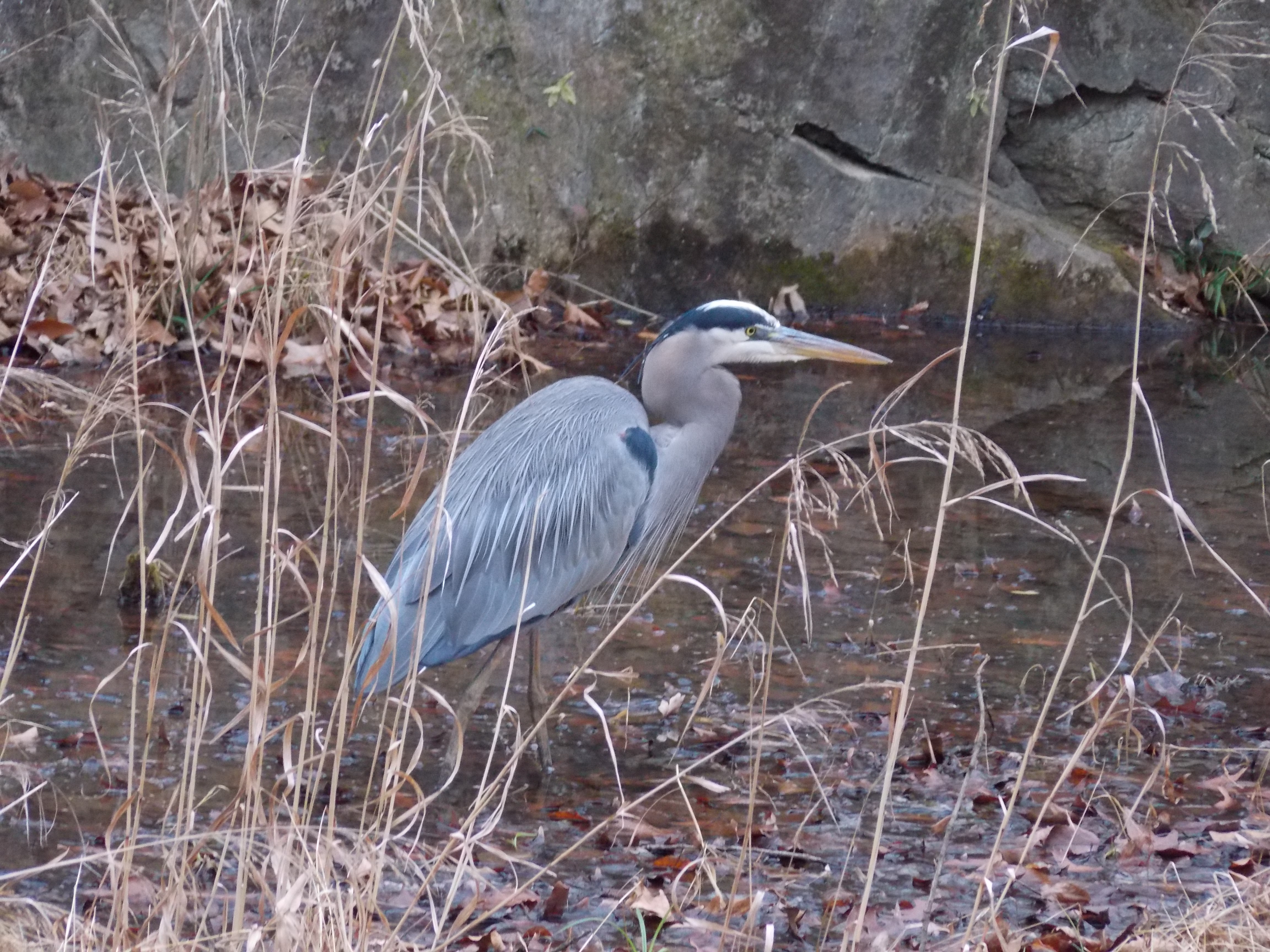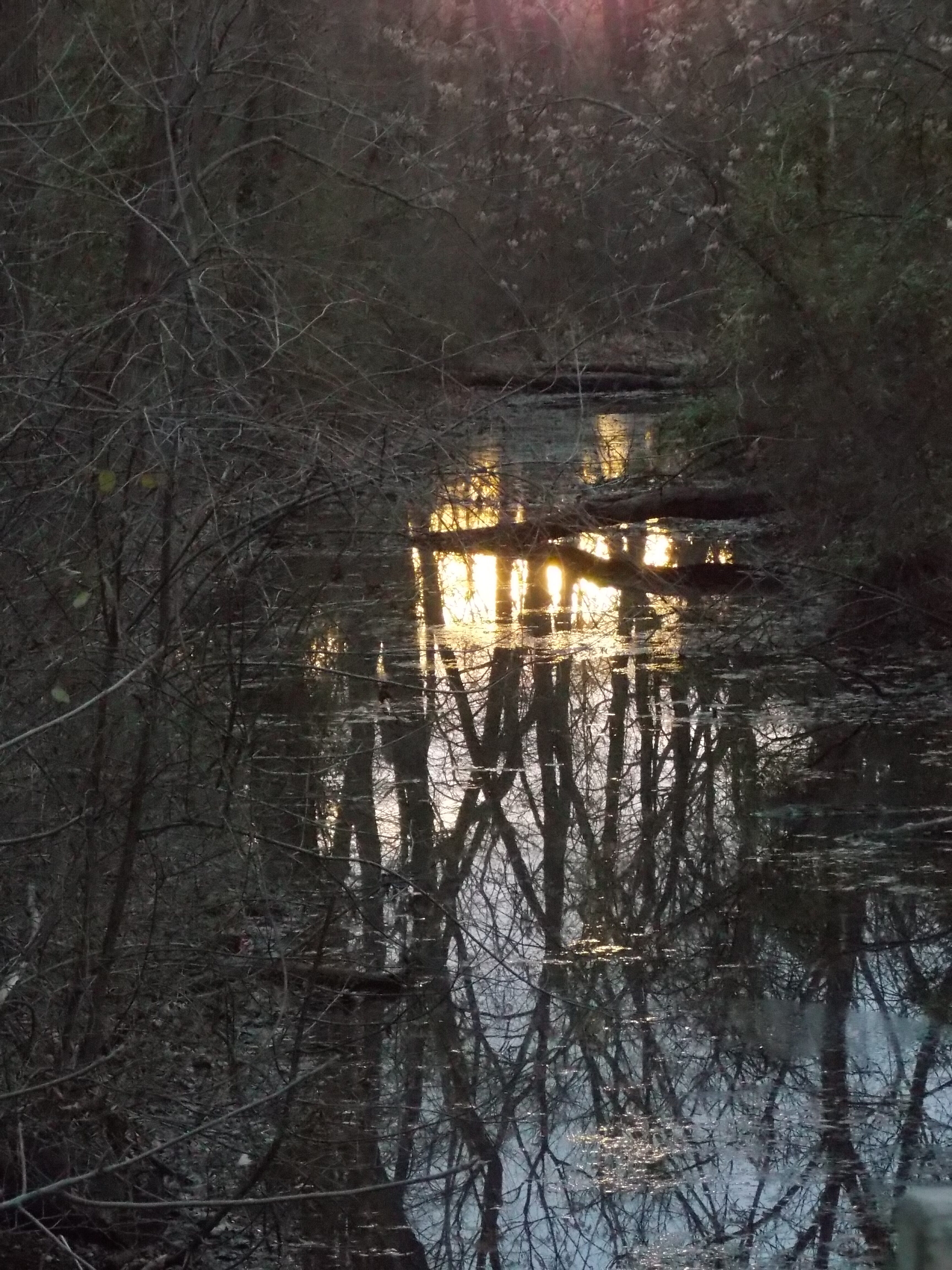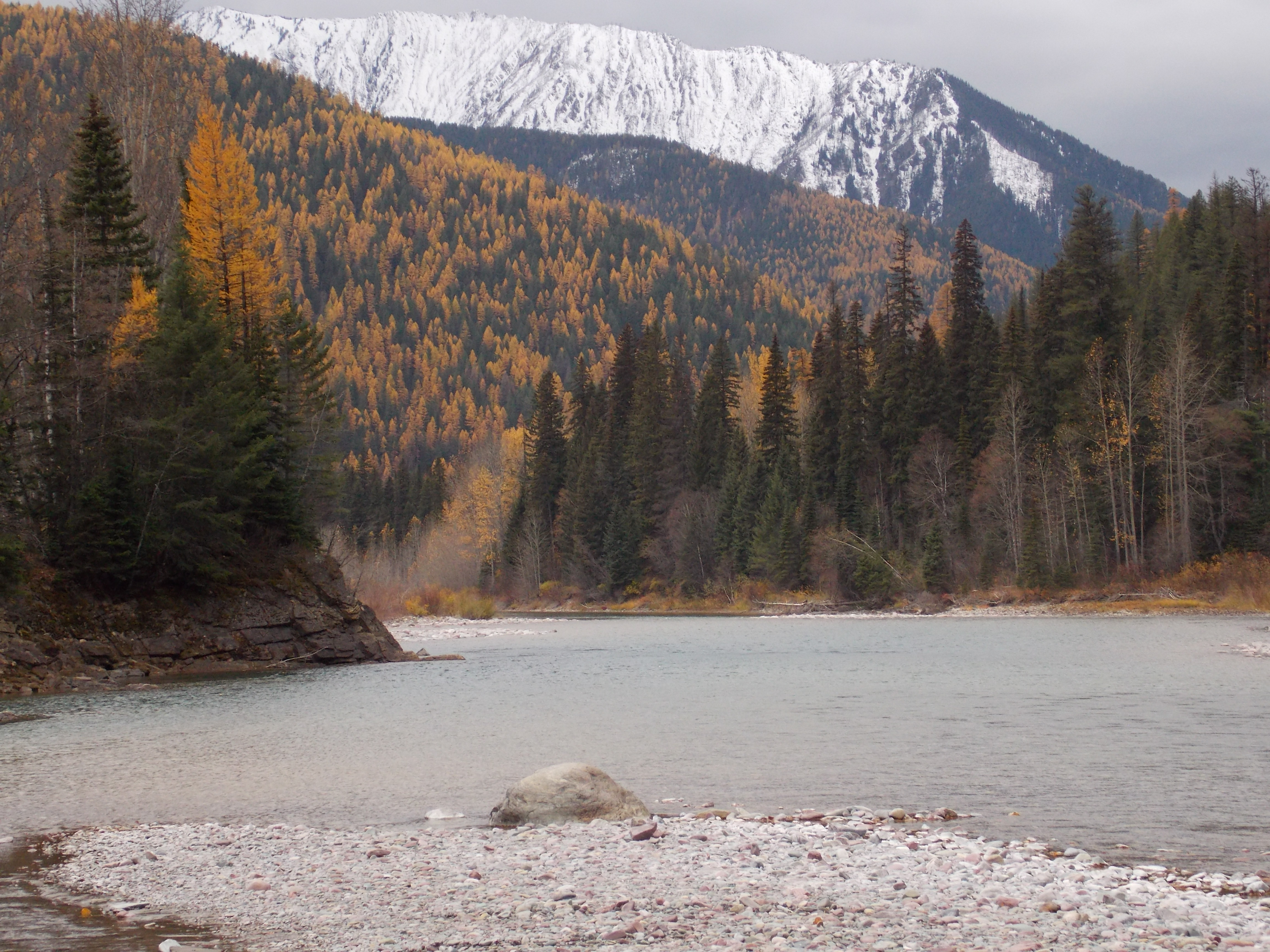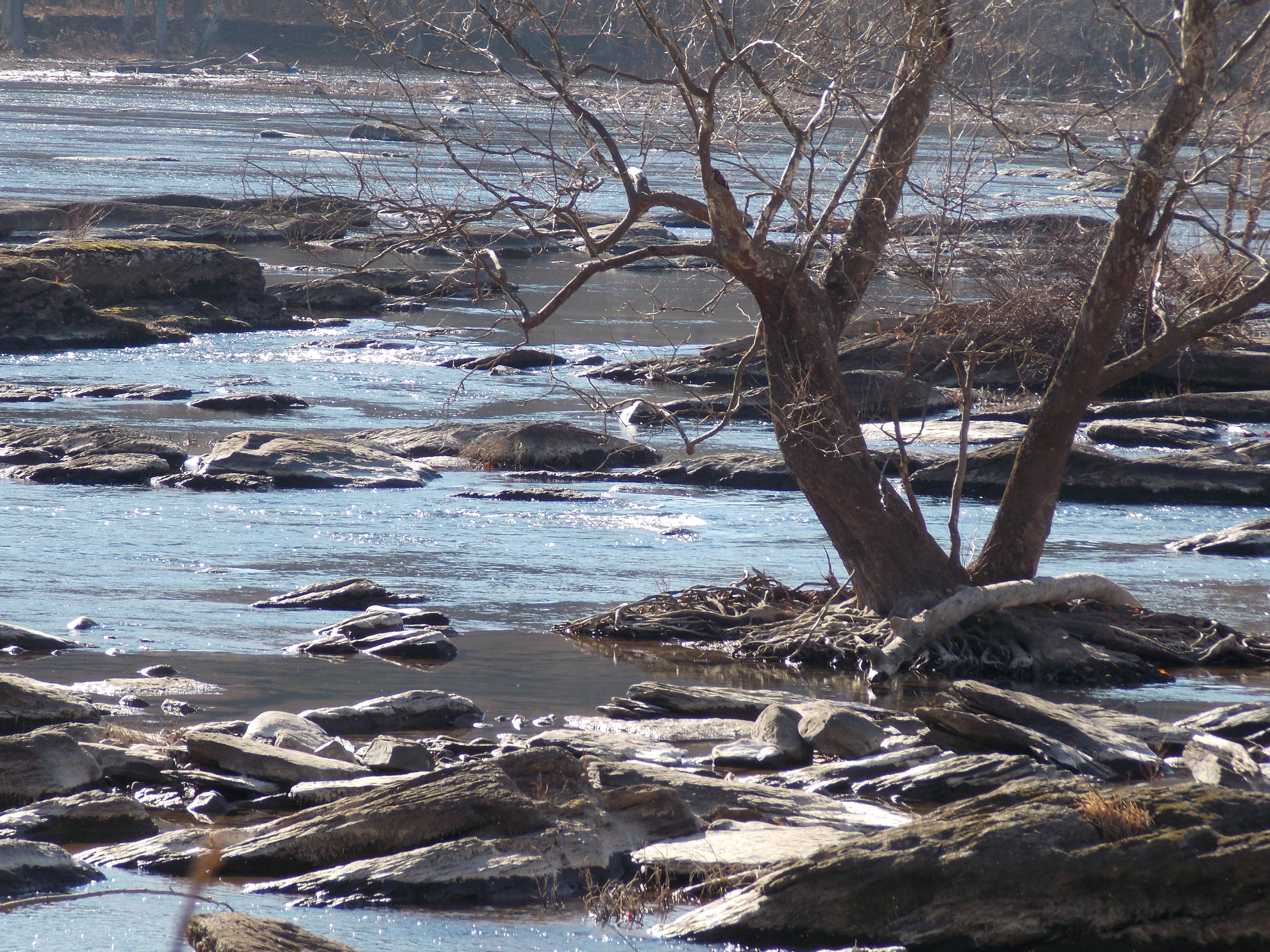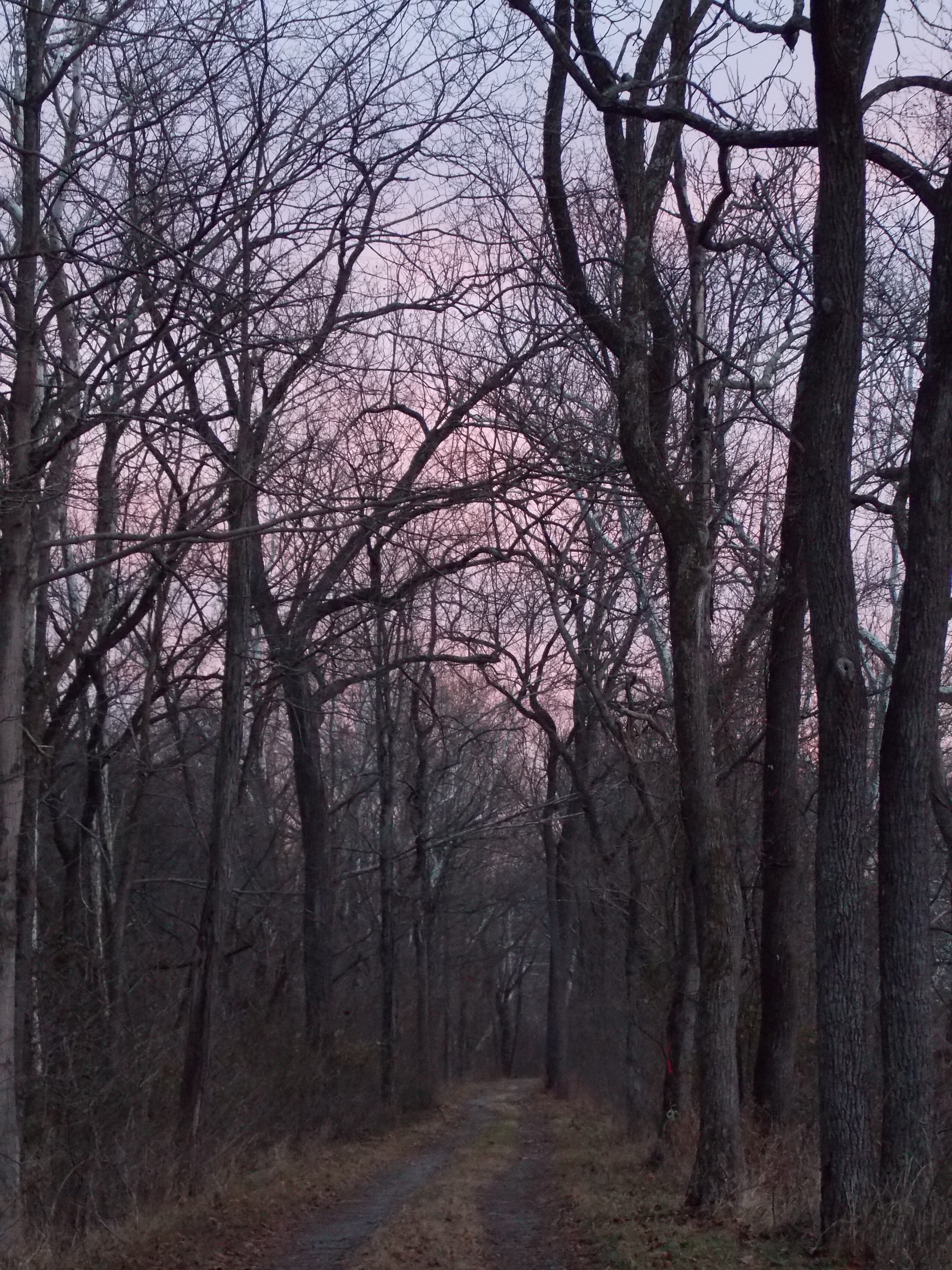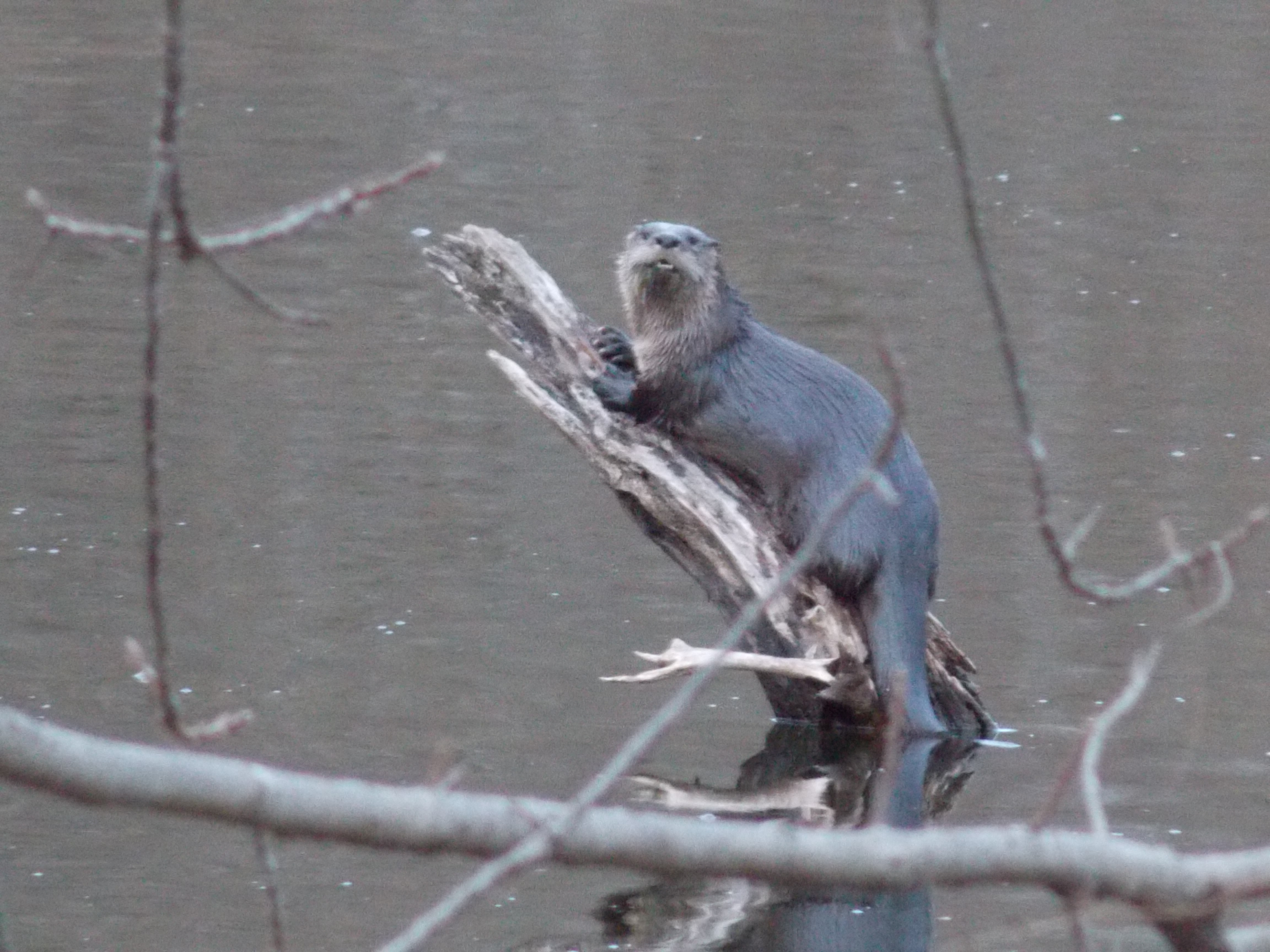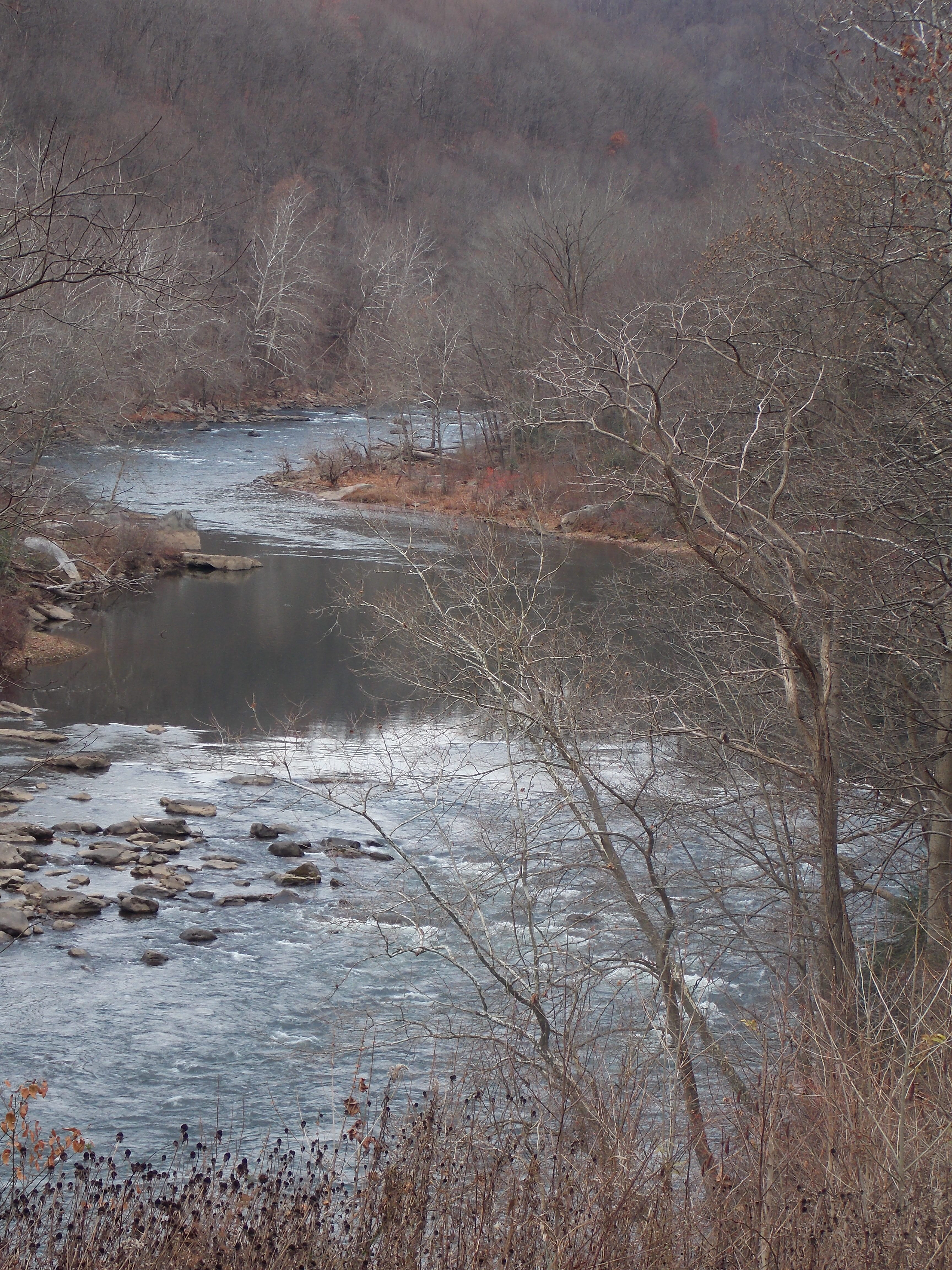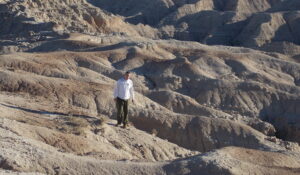Not all that seems like environmentalism really is. Not all the cries for environmental intervention stem from love of the earth. And not all the people wearing green on their sleeves are as pure of motive as they’d like you to think.
I believe all of the above to be true but beyond my own beliefs, I think that all I’ve posited above is at least worthy of some academic scrutiny—some serious investigation. Unfortunately, academia at large shows very little interest in giving such suspicions their day in court. Is it possible that a benighted class, the eco-conscious, exists whose members are free of the very human foibles, sin, and prevarications which have been found in all human organizations through all time? Is it this sinless class who will lead humanity on to utopia?
This subject surely deserves some academic scrutiny and depth but today’s academics seem little interested in how we fool ourselves into fake environmentalism as they’re preoccupied with questions such as how humans trick themselves into believing in free will, how we blindly follow our white male heroes or the fallacies of free market economics.
So, if there is such a thing as fake environmentalism, how does it manifest itself? And just a note before we start in on this and other pertinent questions: This is a big subject, more appropriate to a book than an article so I’m going to do my best to keep it succinct. I’ll end with a nice reading list that will offer the interested some greater depth.
First, I think that faux environmentalism manifests simply as faux environmental concern. I hear far too much crying over the plight of polar bear, native trout and peregrine falcon from people who seldom set foot in the wild or who never really read whole books on their species of concern. Too many seem to be repeating the lines they’ve been handed throughout their K through twelve education without ever having had to deal seriously with counter points or with real-world scenarios that tend to contradict environmental rhetoric.
Fake environmental concern can be seen in the proliferation of environmental organizations of all sizes. On the surface, these groups appear as green as wind farm subsidy dollars but it too often seems that it’s “money first” rather than “earth first.” Aside from typically heart-wrenching mailings to seniors and solicitation of wealthy potential donors, these organizations can easily make their missions fit the requirements of government grant applications. This allows them to legally take money from all of us, whether we’d like to help stop the chainsaws or not.
Disingenuousness shows up in individual mitigation projects. As mentioned above, heavy-duty funding—typically federal—draws all manner of engineers and contractors along with designs of questionable efficacy, especially in the realm of “renewable” energy. When millions are being handed out like thousands, a crowd always gathers (I have enough inside sources to know this though perhaps it’s common knowledge).
For me, one of the most common signs of fabricated concern for the planet is fear of climate change. It seems almost no one on the left, particularly, has ever thought deeply about this. If nothing else, they might have explored these questions a bit: Why are you so sure that warming is a net negative for humanity or the biome? On the macro scale, has humanity thrived more in warm times and places or in cold?
In a related matter, environmental duplicity shows up in the forms of global warming mitigation that are ever more common, such as wind “farms,” “electric” cars, and “net zero” carbon labeling. These are manifestly vehicles for transfers of wealth, the buying of political favors and the undermining of vital pre-existing energy systems. By all means, read up on all of these and maybe start your research with a film by that paragon of the left, Michael Moore: “Planet of the Humans.” Honesty, whether from the right or left, in this realm is praiseworthy.
We see disingenuousness in the granting to governmental environmental agencies—chiefly the EPA—greater powers and expansions of once simple missions. Politicians would like us to believe that it’s not only about saving the earth but also about saving ourselves from extinction. Sadly, polling indicates that more Americans are buying into this than ever. Fear-induced power grabs since 2008 have included The Waters of the U.S. Rule, the proposed NAAQS for ozone, the Utility MACT Rule and The Clean Power Plan. Compliance costs nationally rose by hundreds of billions of dollars during the Obama years alone.
Yet, my suspicions about anyone even describing themselves as “environmentalist” run even deeper. I’m suspicious because I know that pride, money and greed are still more likely to influence human behavior than genuine altruism.
I’m suspicious because fulfillment of the left’s environmental goals would, suspiciously enough, achieve all of the left’s goals—the things they’ve always struggled for. Just let them keep talking beyond the palatable soundbites seized on by the press and you’ll see this as well. Environmental justice, in some left-leaning reality, would achieve social justice. The left has been spreading the fear of human overpopulation for most of a century and depopulation stands among the greatest of their goals. The left wants wealth out of the hands of the wealthy capitalists and into their own hands. Nothing would do this as decisively as implementation of their environmental utopia, particularly in reference to “clean energy.” This last transformation is well underway already.
I smell a rat when anyone on the left tells me it’s all about the earth and our posterity because in reality I know that whatever they’re about to propose will tend to empower the left politically. Rule after rule is proposed and whole industries are excoriated, but we should think about the end game which is certainly a state of arbitrary rule—the most political power a party can possibly hold. Each new incredibly expensive rule is a threat to the economy in its own right, but the rise of discretionary rule by the left threatens the free societies of the western world. We must fight today to keep the illiberal initiatives of tomorrow from ever materializing. The rule of law still imparts stability to nations; lets beware of efforts to install a more flexible and responsive kind of governance, the kind that the left would tell us is needed in this era of dire and unprecedented global threats.
I’m particularly suspicious whenever the specter of anthropogenic global warming is raised because it immediately begins to contradict common sense and the most basic facts of earth science. Here are just a few examples:
- We know that there must be positive effects of a warming climate, yet we never hear of them. Why?
- Water vapor causes far more solar heating than carbon dioxide. Why do we never hear that?
- Animals adapt and shift ranges continually as they have forever across the face of the earth, mainly as the climate changes. The resilience of the biome was often praised in times past but we only hear of extinction today.
- We know that the planet has been warming (and the glaciers receding) since the latest glacial maximum of the Pleistocene. That context seems important but I haven’t heard a newscaster point it out.
- It seems that we’re setting as many cold records as warm internationally yet only hot records seem like cause for alarm, despite the fact that cold kills more humans annually than heat does.
- We are told time after time to set aside our own reasoning in favor of the findings of experts. Does this arouse suspicion? Has dogma ever afflicted humanity in times past? Has it led to good places?
I’m suspicious because it all seems to be about instilling fear, one of the most useful political motivators for despots. And our media are no help as they seek out the most dire forecasts, consistent with their mission to draw clicks and keep you engaged and wide-eyed, if not push a political agenda.
I’m suspicious because the media, committed to socialistic goals, seem unified on the environmental narrative.
I’m suspicious because we’re told that the science, on every front, is settled, when it couldn’t possibly be and if it were, we should all wonder why we’re still funding the very settled climate research.
I’m suspicious of environmentalists because, among those I’ve encountered in person or in the media, they seem self-assured yet possess surprisingly little real environmental knowledge beyond what they’ve been told. This is what happens when you live in an ideological bubble and don’t actually get out much.
Finally, I’m suspicious of motives when I see the hypocrisy of the left in general as they tout the dire nature of the climate and other environmental cataclysms. They want us to drive the smallest of electric vehicles, if we’re to own a vehicle at all, yet so many of them roar around in SUVs and sports cars, let alone their international leadership who fly to climate conferences in private jets. Get to know these people and you’ll encounter their insistence on personal luxuries and hyper-consumerism. They’re all for saving polar bears and wetlands so long as it doesn’t occlude their image of affluence and sophistication, or cause them to spend too much time in the arctic or swamps.
If I’m right about there being a “fake environmentalism,” then why do so many people embrace it? How did it become so popular, maybe even the “default” environmentalism? Well, I can’t be sure about this but I do have some ideas. In particular:
- People like to blend with their peer groups. It’s more comfortable and has more immediate rewards than taking a stand and risking excommunication.
- Some people are legitimately scared to death of the impending environmental apocalypse. Blame it on the schools, media and politicians.
- Others go along with it because they’re secure, comfortable and bored. Why rock the boat?
- I think there really are those who accept the whole environmental line because they love animals. I include myself in the animal lover group, only I feel incensed when politicians use my favorite animals to further their hopeless narratives.
- People have been made to feel guilt for everything they’ve ever owned, where they’ve lived and all the ways they’ve unknowingly oppressed others and repressed the environment. Guilt can be exceedingly useful to those without consciences.
- Nowadays, though, there’s all too often a more simple answer: There’s money in being an environmentalist. This goes for getting your studies funded, it goes for getting your “green” energy projects built and it goes for getting contributions to your campaign fund. The days of John Muir-like ascetic friends of the earth seem to have passed.
So, why not just go along with it all? What will it hurt to blend with the crowd on this and maybe use your political time, effort and money elsewhere?
We can’t let this go because it’s all about power for the left, because the scope of their ambitions continues to grow and because they’re currently ascendant. I’ve often said that to control the climate, let alone all other environmental goals, is to control everything. It seemed for many years that we could just ignore the green wave washing across the left. It was a phase they were going through, no everyday Americans were really buying it and it would all just peter out in time. That hasn’t happened maybe because of the extent to which the left controls the schools and media. They know that they can keep repeating lies until they stick, particularly when they have custody of children’s minds from kindergarten on. (Does anyone else find the push for more pre-K government programs suspicious?)
We can’t let this go because we don’t know at all yet how far our would-be overlords intend to ride this solar and wind-powered train, though we can guess that it’s much further than one could actually ride a solar and wind-powered train. Watch the movements at the left’s green fringe to know where we’re going if this stuff is unopposed.
Why do you think they’ve clung so tenaciously to this narrative over time except that it empowers and enriches them? Do we think that the “elites” of the rich and powerful globalists really have hearts broken by the plight of frogs facing salt water intrusion in the Everglade aquifer or by the nutrient enrichment of waters downstream from farms and lawns? Do you think they weep at night for all of the Europeans facing a warmer future—these people whose eco-faith is underlain by the notion of over-population? Why would they care to see millions perish if humans are the source of all the earth’s ills?
As a matter of principle, there’s always a danger in accepting the benign, little lies. It’s something we should have been thinking about in the 70’s and 80’s.
What’s the alternative then? Should we reject anything that sounds like concern for the environment, dumping our used oil into the nearest stream perhaps and cutting a few extra trees on our property just to spite the left? What about a better, and more honest, environmentalism? What would that look like? I offer here a few ideas for a freer, more effective, and more genuine environmentalism.
Real environmentalism stems from a closeness to nature.
It’s harder to get pulled in politically-motivated directions when your knowledge stems from close encounters with wild things and wild places. Get in the streams, wade the swamps and paddle the rivers and repeat as often as possible. Sleep on the ground more. Allow curiosity to get the best of you, letting your book learning be directed by the strange things you’ve encountered out there. And don’t take your environmental directives from those who populate the metropolises and universities.
Real environmentalism comes with an understanding that all our interventions in the wild have downsides. This is really fundamental and the case has often been made that each change we make affects, in some way, every organism in the broader food web. Do we think that our interventions to rectify environmental problems don’t come with these unforeseeable downsides? What might we do to the biome in the name of climate change mitigation? Is it possible that less carbon dioxide in the atmosphere, for instance, could hurt the biome, simply because our trees, vegetables and phytoplankton thrive on the stuff?
Real environmentalism can proceed with an optimistic outlook, one that doesn’t assume that it’s all environmental travesties all the time. It seems that ultimately, a movement based in doom-saying and self-loathing can only perpetuate itself and reach its goals through coercion—more taxes to pay and rules to follow—making it irreconcilable with the liberal western tradition.
Environmentalists of various disciplines have often cautioned us not to anthropomorphize, even while doing so themselves. Animals don’t share in our gloom or guilt. They adapt and continue to thrive and reproduce. Animals don’t wonder who’s going to fix this for them. They move on and find a way, much like they’ve been doing throughout their lives or at least on a longer-term population level. Environmental realists would do well not to impose our constructs on the minds of animals. The animals would have died long ago if they really could assume the outlook of the environmental lobby.
Private properties offer some of the best nature refuges possible. The left just ignores private wild lands because they don’t control them. Environmental realists realize that only a private lands paradigm can work for American conservation. The best part is that all landowners have the opportunity to participate in this, maybe just letting the back half of your yard run wild and calling it, honestly enough, your wildlife preserve. Maybe it’s time to take back the phrase “Think globally, act locally!” from the left.
Better environmentalism comes from more learning and closeness to nature. Better environmentalism comes from individual action and voluntary associations.
As promised, here’s a list for further reading, a set of books to cultivate a realist’s perspective on the environment or simply to counter broadly accepted narratives:
- Start with Henry David Thoreau’s Walden.
- Eco-Sanity: A Common-Sense Guide to Environmentalism is the manual of eco-realism, offering meaningful counterpoints to prevailing environmental orthodoxy. 1994, Joseph Bast, Peter Hill, Richard Rue.
- A Moment on the Earth: The Coming Age of Environmental Optimism is a long read worth taking time for. Gregg Easterbrook invites you on a series of deep dives into the environmental talking points of the 1990s era and beyond. 1995.
- BreakThrough: From the Death of Environmentalism to the Politics of Possibility attempts to refute the dismal environmentalism of the 20th Century. 2007, Ted Nordhaus and Michael Shellenberger.
- How to Think Seriously About the Planet: The Case for an Environmental Conservatism makes a case for localized control of environmental issues from a philosophical and practical standpoint. 2012, Roger Scruton.
- Not for Greens: He who Sups With the Devil Should Have a Long Spoon is a high-energy refutation of green energy as only eminent Australian geologist Ian Plimer can deliver it. 2014.
- Environmental Policy in the Anthropocene serves as a fine and relevant introduction to PERC, the Property and Environment Research Center. 2016.
- Roosters of the Apocalypse: How the Junk Science of Global Warming Nearly Bankrupted the Western World provides a sociologist’s perspective on the social movement that is global warming. 2012, Rael Jean Isaac.
- Inconvenient Facts: The Science that Al Gore Doesn’t Want You to Know presents science, graphs and charts full of it, in relatable, relevant ways. As described, it’s the science that the left doesn’t want you to hear about. 2017, Gregory Wrightstone.
- Apocalypse Never: Why Environmental Alarmism Hurts Us All is a book on the environment for big thinkers from a big thinker. Goes in directions one doesn’t see coming at the outset and disabuses the reader of formulaic interpretations of the environment and its spokespeople. 2020, Michael Shellenberger.
- Hot Talk, Cold Science: Global Warming’s Unfinished Debate (Third Edition) assures the reader that the science is anything but settled. If you own only one book on global warming, this authoritative edition should be it. 2021, S. Fred Singer.
There are at least a few think tanks out there promoting a broader environmental perspective as well. These publish new material at least yearly and include:
- The Heartland Institute, Arlington Heights, IL
- The Breakthrough Institute, Berkeley, CA
- Property and Environment Research Center (PERC), Bozeman, MT


